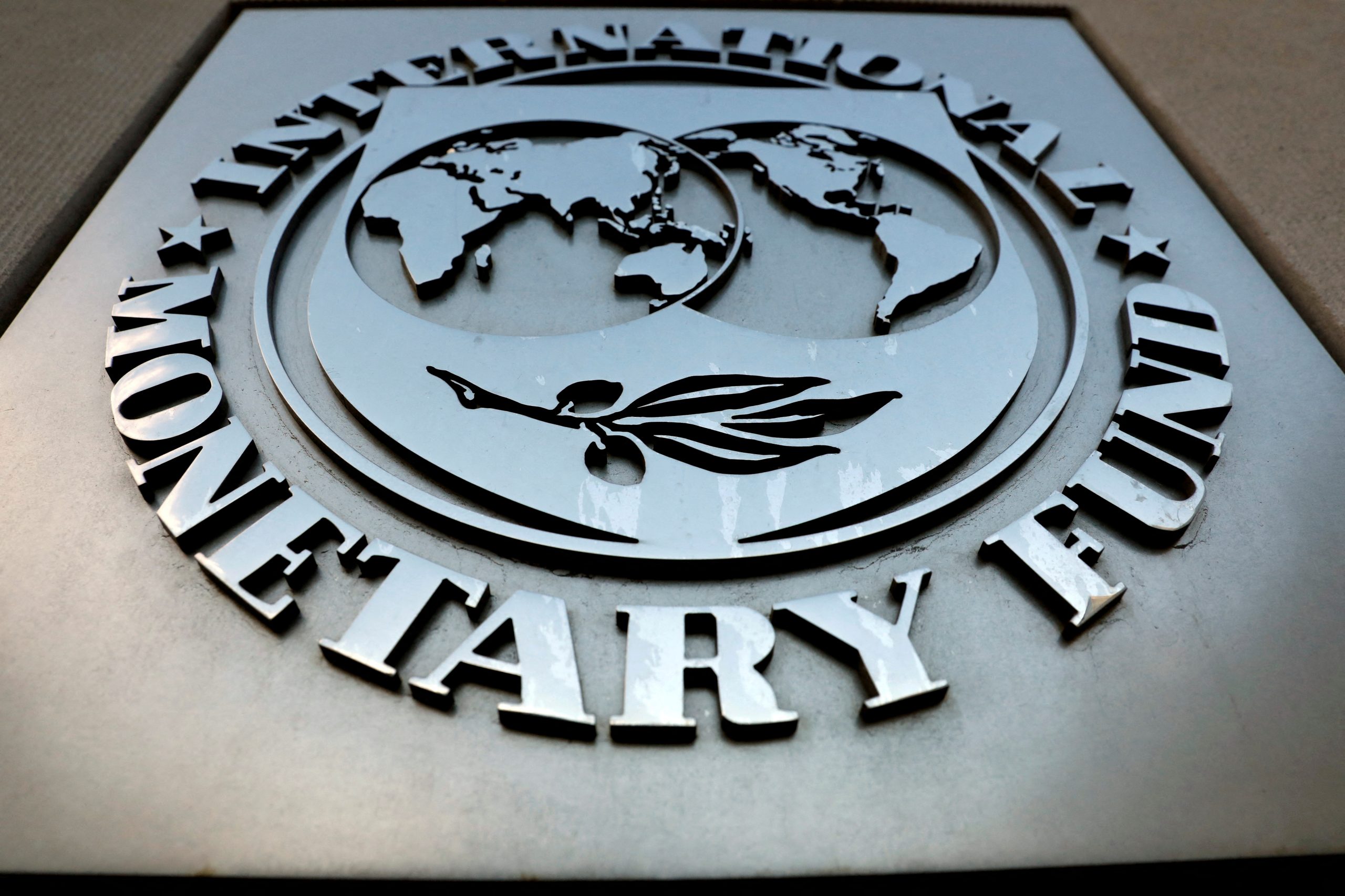The International Monetary Fund (IMF) has approved a loan for Niger of about $26.3 million to support macroeconomic stability and promote growth.
According to IMF, it extended the program to June 2025 to allow sufficient time to implement key reforms.
The IMF Executive Board also approved a loan for Niger under the Resilience and Sustainability Facility (RSF) for about 131.5 million dollars.
Moreover, the funds will support the authorities’ agenda to build resilience to climate change and help leverage additional financing for climate-related investments.
Why IMF approved loan for Niger
IMF observed that there was progress in Niger in the implementation of economic reforms despite a challenging security situation and climate shocks.
Key priorities include stepping up domestic revenue mobilization efforts and advancing with fiscal consolidation plans while strengthening social and priority spending.
“Today, the Executive Board of the International Monetary Fund (IMF) completed the Third Review of Niger’s economic and financial program under the Extended Credit Facility arrangement (ECF).
The program aims at buttressing macroeconomic stability while laying the foundations for stronger and more inclusive growth,” IMF noted.
The completion of this review enables the disbursement of about $26.3 million, bringing total disbursements under the ECF to nearly $184.1 million.
Niger’s three-year ECF for about $ 275.8 million at the time of the ECF approval got the nod on December 8, 2021 and was extended to June 7, 2025.
Another loan for Niger amid sustainability push
Subsequently, the Executive Board also approved Niger’s request for an arrangement under the Resilience and Sustainability Facility for a tune of about US$131.5 million.
The RSF for Niger, the fourth in Sub-Saharan Africa, will support the implementation of the authorities’ climate-related investments and reforms to build resilience to climate change as well as help leverage additional financing.
In addition, the RSF’s duration will coincide with the period remaining under the ECF, as extended.
Antoinette Sayeh, Deputy Managing Director, and Acting Chair of the Board said Niger’s economy remained resilient to multiple shocks over the past few years, including the COVID-19 pandemic, the worsening security situation in the Sahel region, and climate shocks.
“The outlook remains favorable, with the start of crude oil exports through the new pipeline to the Beninese coast. Nonetheless, downside risks underscore the importance of reforms that promote resilient and inclusive growth and strengthen the resilience of the economy to shocks.”
The RSF program will support the authorities’ agenda to build resilience to climate change. The focus on incorporating climate-related considerations into Niger’s macroeconomic policy framework is central to achieving climate commitments.
Moreover, the reforms under the RSF are set to strengthen the planning and budgeting of climate-related spending, integrate climate-related issues into public investment management, enhance disaster informed fiscal planning and management, and promote the use of renewable energy.

